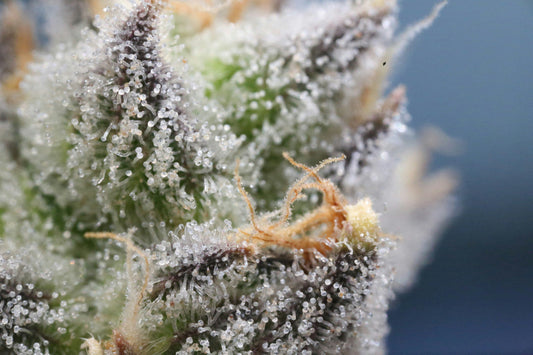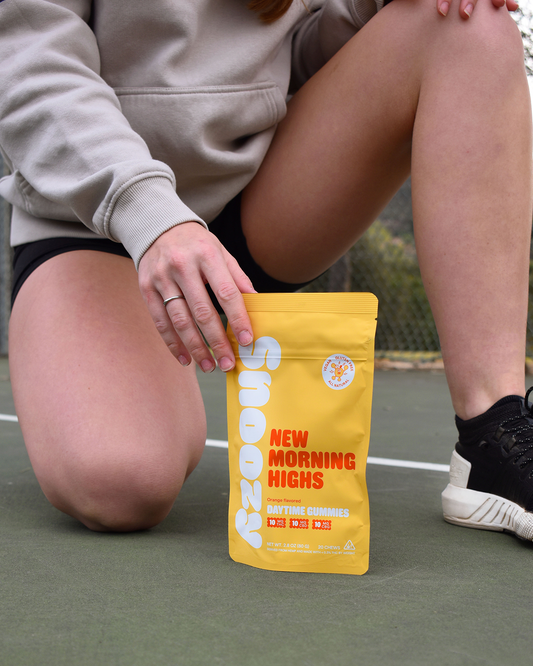Educational

What the New Federal Hemp Law Means for Snoozy, the...
A Major Shift in Federal Hemp Policy—And What Comes Next Congress has officially passed and President Trump has signed a new federal law that introduces updated standards for hemp-derived products. This is the first major federal action since the 2018...
What the New Federal Hemp Law Means for Snoozy,...
A Major Shift in Federal Hemp Policy—And What Comes Next Congress has officially passed and President Trump has signed a new federal law that introduces updated standards for hemp-derived products....

Delta 8 vs Delta 9 For Sleep
Don’t let sleepless nights linger any longer - using either delta 8 vs delta 9 for sleep can make a dramatic difference in how quickly you fall asleep, how well you stay asleep, and how refreshed you wake up feeling....
Delta 8 vs Delta 9 For Sleep
Don’t let sleepless nights linger any longer - using either delta 8 vs delta 9 for sleep can make a dramatic difference in how quickly you fall asleep, how well...

How Many mg THC Gummies for Sleep? Optimal THC Gumm...
Our sleep gummies are by far our most popular lineup here at Snoozy, but how many mg THC gummies for sleep should you take? We get asked this all the time. The truth is, there’s no one-size-fits-all answer to the...
How Many mg THC Gummies for Sleep? Optimal THC ...
Our sleep gummies are by far our most popular lineup here at Snoozy, but how many mg THC gummies for sleep should you take? We get asked this all the...

CBN vs CBD
The world of cannabis is much wider than most people think. While THC and CBD are well-known, they’re just two of the many cannabinoids found in hemp and marijuana. One that doesn’t get nearly enough credit is CBN. We’ll compare...
CBN vs CBD
The world of cannabis is much wider than most people think. While THC and CBD are well-known, they’re just two of the many cannabinoids found in hemp and marijuana. One...

CBN Dosage for Sleep
Whether you’re jetlagged from a recent trip and trying to get back on track or you’ve struggled with sleeplessness for a while now, there are smarter remedies than melatonin. Have you considered using cannabis for sleep? If not, let us...
CBN Dosage for Sleep
Whether you’re jetlagged from a recent trip and trying to get back on track or you’ve struggled with sleeplessness for a while now, there are smarter remedies than melatonin. Have...

Best CBD THC Ratio For Energy
Most people associate cannabis with mellowing out. It’s true that CBD and THC are best known for helping melt away stress, supporting a better night’s rest, and potentially even easing aches and pains. But there's a reason to consider CBD...
Best CBD THC Ratio For Energy
Most people associate cannabis with mellowing out. It’s true that CBD and THC are best known for helping melt away stress, supporting a better night’s rest, and potentially even easing...

